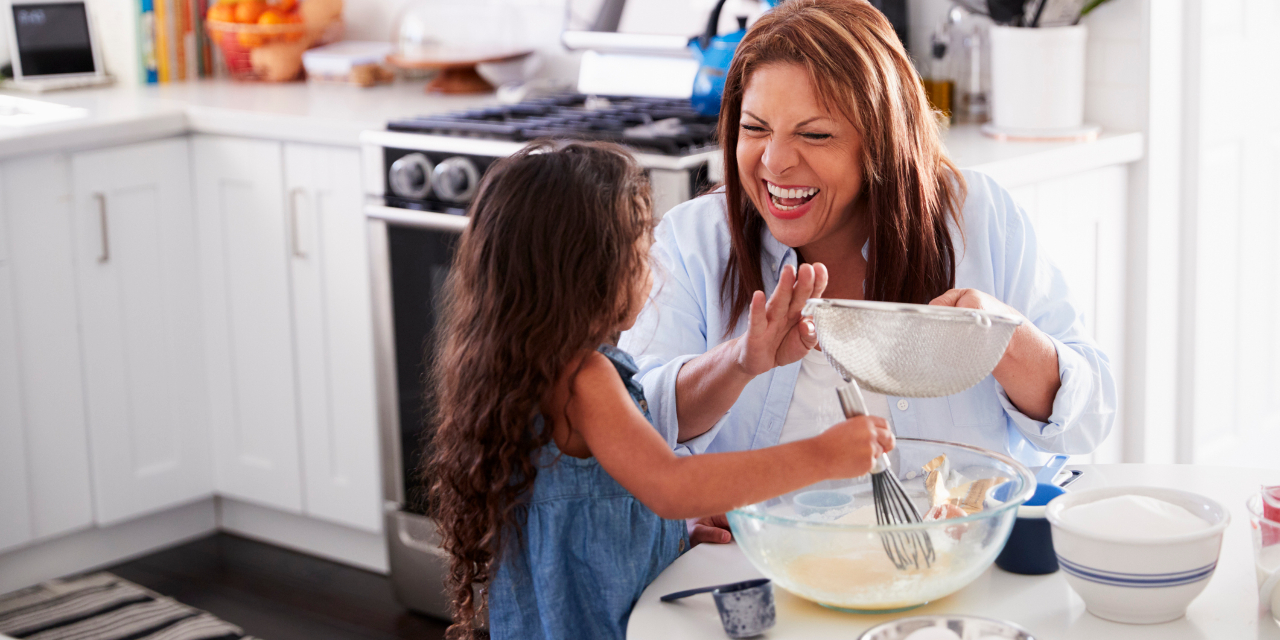There's a good reason people are buying out baking supplies in grocery stores and posting their freshly made bread, buns and desserts on social media as the COVID-19 pandemic wears on, according to an occupational therapist and associate professor at the University of Alberta.
"Engaging in an art or a craft is therapeutic; it's a means to an end for people," said Mary Forhan during a free presentation livestreamed to more than 100 viewers on May 13.
"Crafts historically have been viewed as a way to maintain self-esteem, build skills and distract from pathological thinking."
- RELATED: Five-minute 'sweat sessions' can keep you active and healthy while working from home
- RELATED: Five tips to create a healthy workspace at home
At the beginning of the COVID-19 pandemic, many people were thriving by keeping up with their activities or helping others, said Forhan, who is chair of the occupational therapy department in the Faculty of Rehabilitation Medicine.
"During the first few weeks, we saw a strong sense of community connection. It was typical for us to see a higher level of occupational enjoyment and satisfaction through activities such as checking in on a neighbour or delivering food and medicine to people who can't get out."
For others, measures like social distancing and self-isolation have been a welcome break from interactions that usually make them uncomfortable. And overscheduled families have seen their values and priorities shift as their evenings and weekends have suddenly become full of free time.
But at this point in the pandemic response, we've now entered a phase Forhan calls "occupational liminality"-a transitional state that makes people feel like they're in limbo, stuck between missing the way things were and worrying about the future.
For some, the ongoing disruption of daily life and unfamiliar rules for even routine tasks like grocery shopping have brought on feelings of frustration, loss of control and vulnerability, she noted.
"We're all experiencing this in our own way, and everyone needs to find their own way in terms of what works for them," she said.
Forhan suggested remaining flexible or trying new activities-which is where creative, constructive pastimes like baking come in.
"Activities such as crafts have often been used to help with focus, skill development, opening lines of communication, sharing emotions, building trust and building self-esteem," said Forhan.
"This is a therapeutic practice that goes back more than a century."
The livestream was the third in the Rehab Med Live series presented by the Faculty of Rehabilitation Medicine to make the expertise of its faculty and alumni available to the public.
